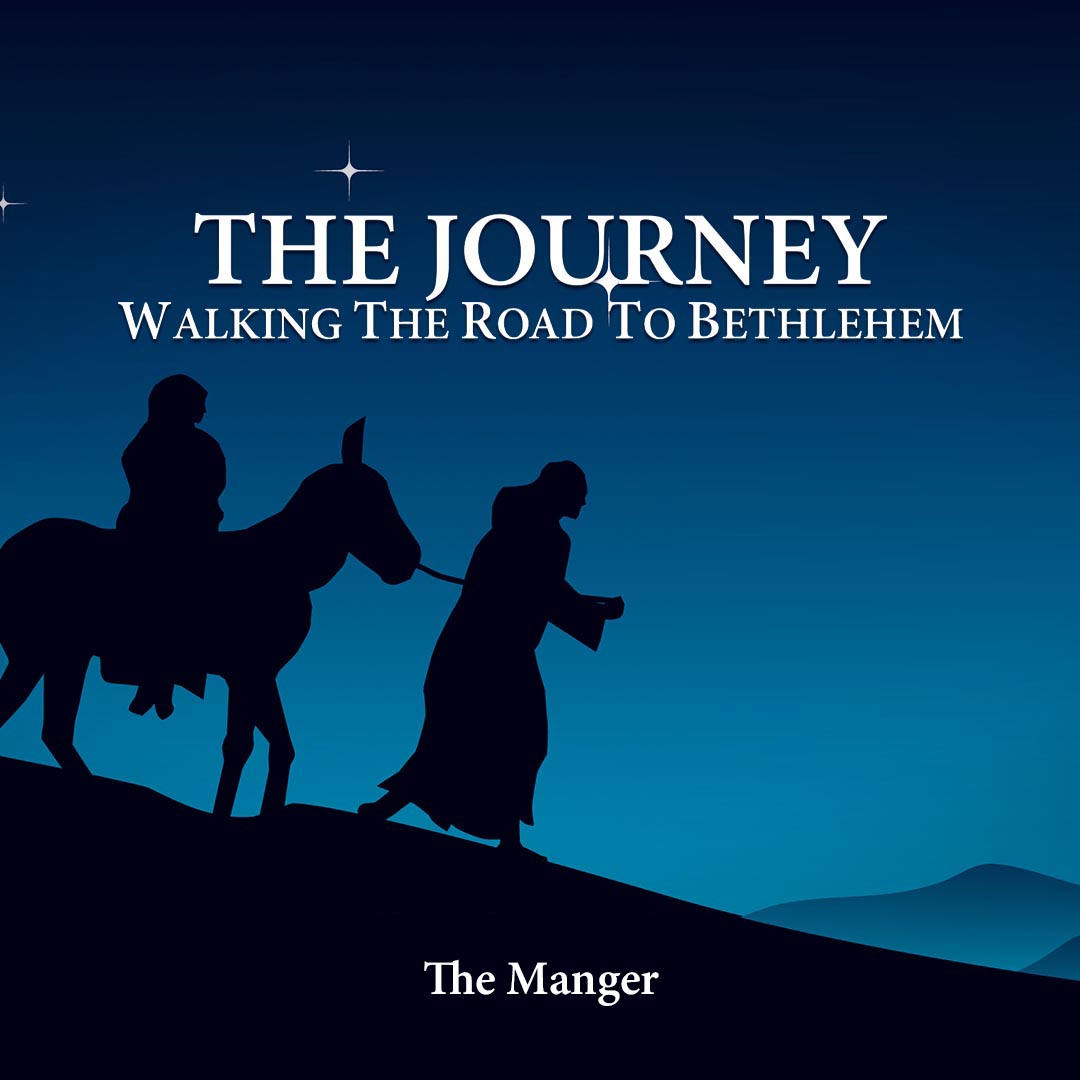Faith After Doubt: Thrown Into Doubt
Lent is a six-week season of preparation for Easter, and our Lenten series this year is based on a new book by Brian McLaren entitled Faith After Doubt: Why Your Beliefs Stopped Working and What to Do About It.
Sixty-five million adults in the U.S. have dropped out of active church attendance, and about 2.7 million more are leaving every year. Using his own story and the stories of a diverse group of struggling believers, Brian D. McLaren, a former pastor and now an author, speaker, and activist shows how old assumptions are being challenged in nearly every area of human life, not just theology and spirituality.
He proposes a four-stage model of faith development in which questions and doubt are not the enemy of faith, but rather a portal to a more mature and fruitful kind of faith. The four stages – simplicity, complexity, perplexity and harmony – offer a path forward that can help sincere and thoughtful people leave behind unnecessary baggage and increase their commitment to what matters most.
Beginning Sunday March 6, your weekly reading, weekly sermons, and a new Online Connect Group will coincide as we journey together through Faith After Doubt.










